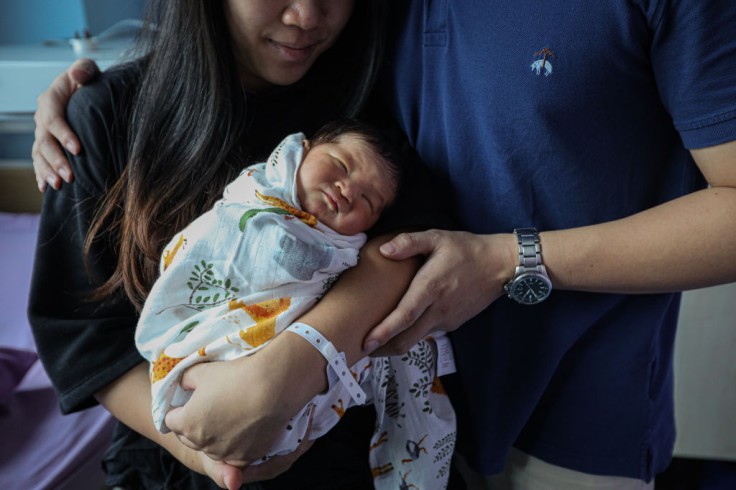
New parents in Japan are finding ways to stay in touch and keep their relatives updated on the birth of their newborn. They're sending out rice baby bags that are as heavy as their child for family members to hug and cuddle while visits to other households are still restricted due to the pandemic.
According to The Guardian, the rice baby bags come in different sizes and weights to match the babies. Some bags even have a photo of the newborn, as well as a baby blanket, so that their family members can imagine they are carrying their actual grandchild, nephew, or niece.
Naruo Ono, who owns the rice shop Kome no Zoto Yoshimiya in Fukuoka, came up with the rice baby bags 14 years ago after the birth of her son. She had wanted her relatives, who live too far away, to experience carrying her baby.
Shop customers liked the "sweet and interesting" idea and started placing their orders from Ono, leading her to expand her services to create wedding favors that became an even bigger hit. These particular tokens had baby photos of the bride and groom to honor their parents for their birth. It's also customary in Japan for people celebrating a special occasion to give gifts instead of becoming recipients.
Read Also: Philly Teen VAXX Ambassadors, Teen Group in Philadelphia, Fight COVID-19 Vaccine Misinformation
Demand Increased in the Pandemic
Ono revealed that the rice baby bags, also known as "Dakigokochi," increased in demand because of the lockdowns since families haven't been able to gather together. A lot of effort goes into making the bags because Ono has to ensure that the photos aren't crumpled during the delivery. They also need to ensure that the birth details have no error.
With the Dakigokochi's popularity, other rice shops started following the same trend. However, Ono said that customers still flocked to her store because the other rice shops used regular bags that "aren't good for holding." The designs of the bags also appeared off as the baby's images would be pushed and scrunched on top of the bag.
For some relatives, receiving the bags can bring such a delight that it's quite hard to use the rice for cooking and eating. Ono understands that feeling all too well.
Japan's Pandemic Numbers
Meanwhile, following the Tokyo Olympics, Japan had a record high of nearly 16,000 cases in a day, and more kids and babies are ending up at the hospitals with a COVID-19 positive diagnosis. As with the rest of the world, Asian countries are also dealing with the more transmissible Delta variant strain as many children remain unvaccinated.
The country has been under a state of emergency because of the global sports event. However, Japan Times reported that some officials might agree to lift the state of emergency by the end of August even if the Delta variant infections have no signs of letting up.
In June, the Japanese government said they could start vaccinating children between the ages of 12 to 15 during the summer break before school officially resumes in the fall. As of August 2021, more than 35 percent of Japan's eligible population have had their first and second shots.
Related Article: Barbie Releases 6 New Dolls Celebrating the 'Heroes of the Pandemic'